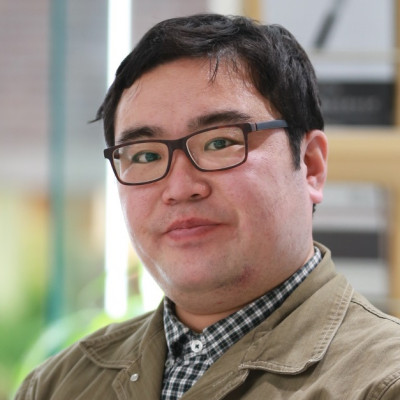Accessibility in Language Learning College and University Education Interactive poster session
Application of social model for neurodivergent students in class
Statistics from the Japan Student Services Organization indicate that the number of neurodivergent students in higher education institutions is rising. Because interpersonal communication is problematic for many neurodivergent students, this increase suggests that language instructors must increasingly foster self-esteem and self-efficacy by teaching effective and productive communication skills. This poster will present the kind of support based on the social model of disability that would be meaningful in communication with neurodivergent students. Making learning easy and accessible for such students is not enough. We must challenge students and polish their strengths. Applying the social model of disability, we can understand how social obstacles hinder participation in society. This model suggests that differentiating the language instructors' communication behavior to reflect students' differences in learning styles can help many neurodivergent students. Using a literature review of instruction in EFL, this theoretical poster aspires to discuss the practical implication for teachers’ classroom communication. Also, it encourages the audience to remember that, in addition to physical accommodation, our linguistic accommodation, even to the point of specific words of instruction, can help students grow.
-

Dr. Yasushi Miyazaki is an assistant researcher at Ritsumeikan University, Kusatsu, Japan. His research interests include accessibility in EFL, neurodiversity, language policy, discourse studies, and educational technology. You can access his profile at: https://researchmap.jp/myzkyss